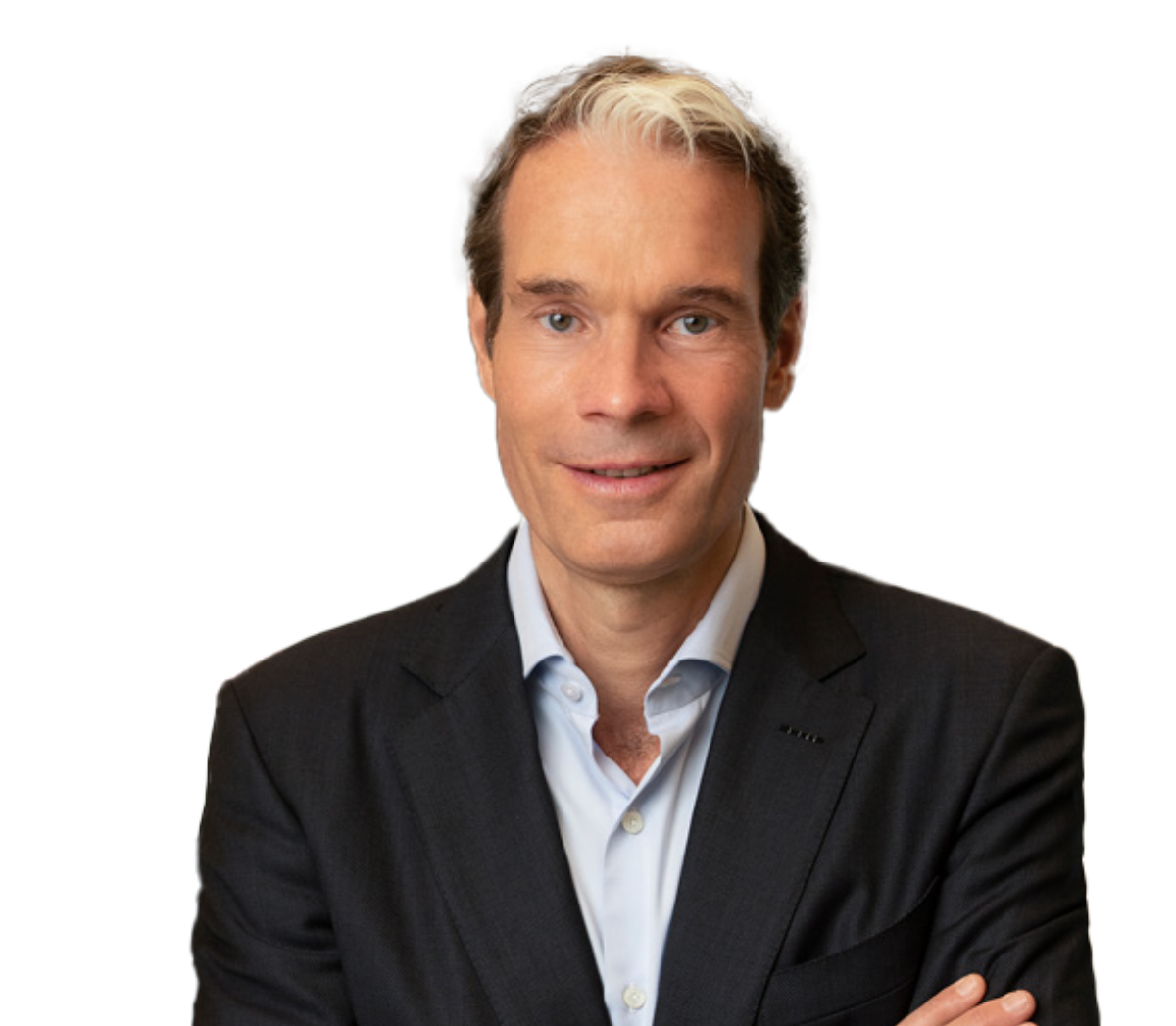Two Saudi startups are among the eight companies from the Middle East and North Africa region selected by PepsiCo, SABIC, AstroLabs and partners for their Mega Green Accelerator. The selected participants have all submitted an innovative solution focused on either advancing the circular economy, transitioning to clean energy, or mitigating climate change through technologies to improve water use and agricultural processes. Timed to coincide with this year’s GPCA Plastics Conference, themed “Innovating for Sustainable Growth,” the selected startups also presented to industry leaders who are accelerating the development of a circular economy in the region.

Eugene Willemsen, CEO, Africa, Middle East, and South Asia, PepsiCo and International Beverages
The Mega Green Accelerator will nurture the next generation of innovators as they develop solutions to address both regional and global sustainability challenges. For the next six months, the eight promising change-makers will receive funding, mentorship with industry experts, and market access to scale their innovative solutions. At the end of the program later this year, one winning company will be awarded $30,000 in funding to continue its expansion.
HIGHLIGHT
For the next six months, the eight promising change-makers will receive funding, mentorship with industry experts, and market access to scale their innovative solutions.
A total of 363 submissions were received from sustainable startups in the region during the applications phase. The eight shortlisted companies that will proceed in the program are:
•Mrüna, UAE: A consulting and distribution company dedicated to developing innovative urban solutions.
•The Surpluss, UAE: A climate technology startup that helps SMEs reduce their greenhouse gas emissions profitably through resource sharing via a digital sustainability exchange.
Startups can act as epicenters of innovation, and reshape, disrupt, and define our future.
Eugene Willemsen, CEO, Africa, Middle East, and South Asia, PepsiCo and International Beverages
•Mirai Solar, Saudi Arabia: A solar technology startup that specializes in expanding solar energy use beyond conventional applications, improving the energy use efficiency of food production and smart buildings for a sustainable future.
•Ahya Technologies, Saudi Arabia: A climate software and AI startup building a unified platform for scaling climate action across the Middle East North Africa and Pakistan.
•YY ReGen, Lebanon: The startup provides innovative solutions through the promotion of renewable energy, sustainable water management, and regenerative farming.
•Viridia Tech, Egypt: The startup offers a platform for crop analytics at scale for industrial agricultural companies, leading to significant improvements in yield, unit economics and sustainability metrics.
•P-VITA, Egypt: A biotechnology hub that specializes in producing natural raw materials for cosmetics, and food and beverage industries using AI and IoT technologies to reduce carbon footprint through automated processes.
•Kumulus, Tunisia: A water tech startup that turns air into fresh drinking water through innovative AWG machines — aiming to make drinking water more accessible, sustainable, and economical for hotels and businesses across MENA and Southern European regions.
“With solutions spanning agriculture, water, and the energy sectors, this is an opportunity for us to accelerate the development of practical climate technologies crucial to address the MENA region’s challenges and strengthen our position as a testbed for climate innovation globally. Startups can act as epicenters of innovation, and reshape, disrupt, and define our future. The Mega Green Accelerator provides the incentive to bolster this through cross-sector collaboration and nurture the region’s next generation of entrepreneurs by providing the needed mentorship, funding, and market access,” said Eugene Willemsen, CEO, Africa, Middle East, and South Asia, PepsiCo and CEO of International Beverages.
“Over 300 fast-growing sustainability companies from all over the MENA region have applied to the program, showcasing a healthy influx of sustainable solutions and rapid growth in the sector. The selection of these eight companies underscores their readiness for scale, marking a pivotal time in the sector’s development. The Mega Green Accelerator is setting the stage for a robust sustainability infrastructure, bridging the gap between these companies, and the resources necessary for them to thrive, scale, and translate their innovative solutions into regional impact,” said Roland Daher, CEO of AstroLabs.
Strategic investment partners like Dubai Future District Fund, Venture Souq and Shurooq Partners will provide platforms for investment opportunities, mentorship in raising capital, and networking opportunities throughout the term of the Mega Green Accelerator. Schneider Electric will support the Mega Green Accelerator as a prize partner alongside participating in the final selection of the winner.



















